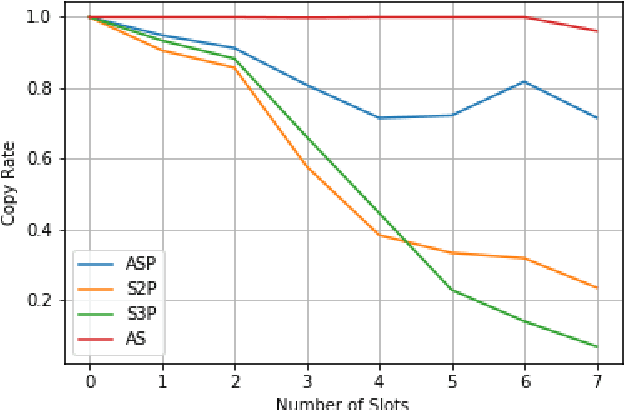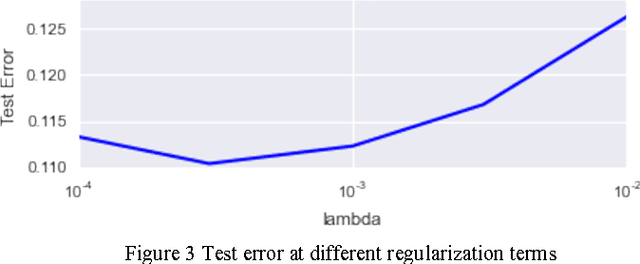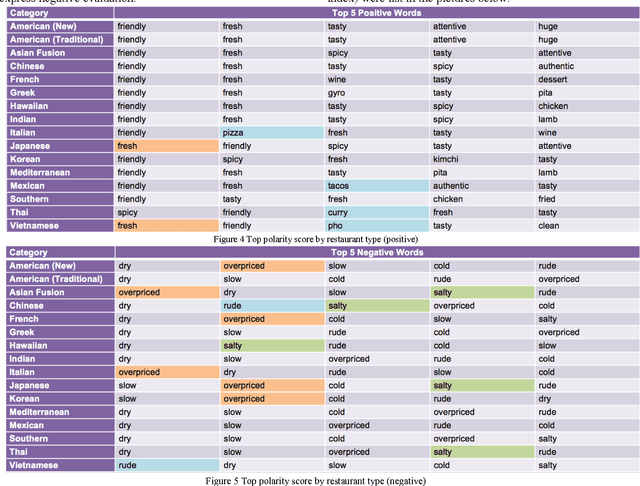Boya Yu
Delexicalized Paraphrase Generation
Dec 04, 2020



Abstract:We present a neural model for paraphrasing and train it to generate delexicalized sentences. We achieve this by creating training data in which each input is paired with a number of reference paraphrases. These sets of reference paraphrases represent a weak type of semantic equivalence based on annotated slots and intents. To understand semantics from different types of slots, other than anonymizing slots, we apply convolutional neural networks (CNN) prior to pooling on slot values and use pointers to locate slots in the output. We show empirically that the generated paraphrases are of high quality, leading to an additional 1.29% exact match on live utterances. We also show that natural language understanding (NLU) tasks, such as intent classification and named entity recognition, can benefit from data augmentation using automatically generated paraphrases.
Identifying Restaurant Features via Sentiment Analysis on Yelp Reviews
Sep 20, 2017



Abstract:Many people use Yelp to find a good restaurant. Nonetheless, with only an overall rating for each restaurant, Yelp offers not enough information for independently judging its various aspects such as environment, service or flavor. In this paper, we introduced a machine learning based method to characterize such aspects for particular types of restaurants. The main approach used in this paper is to use a support vector machine (SVM) model to decipher the sentiment tendency of each review from word frequency. Word scores generated from the SVM models are further processed into a polarity index indicating the significance of each word for special types of restaurant. Customers overall tend to express more sentiment regarding service. As for the distinction between different cuisines, results that match the common sense are obtained: Japanese cuisines are usually fresh, some French cuisines are overpriced while Italian Restaurants are often famous for their pizzas.
 Add to Chrome
Add to Chrome Add to Firefox
Add to Firefox Add to Edge
Add to Edge